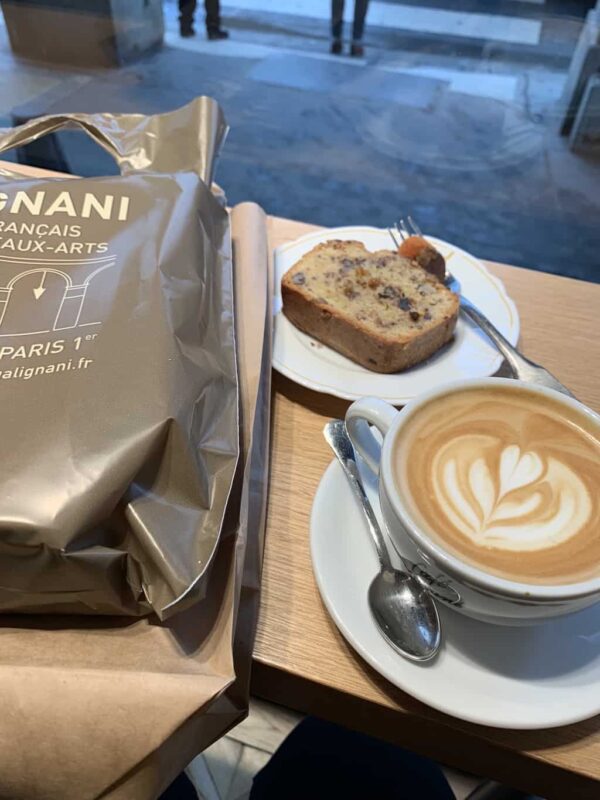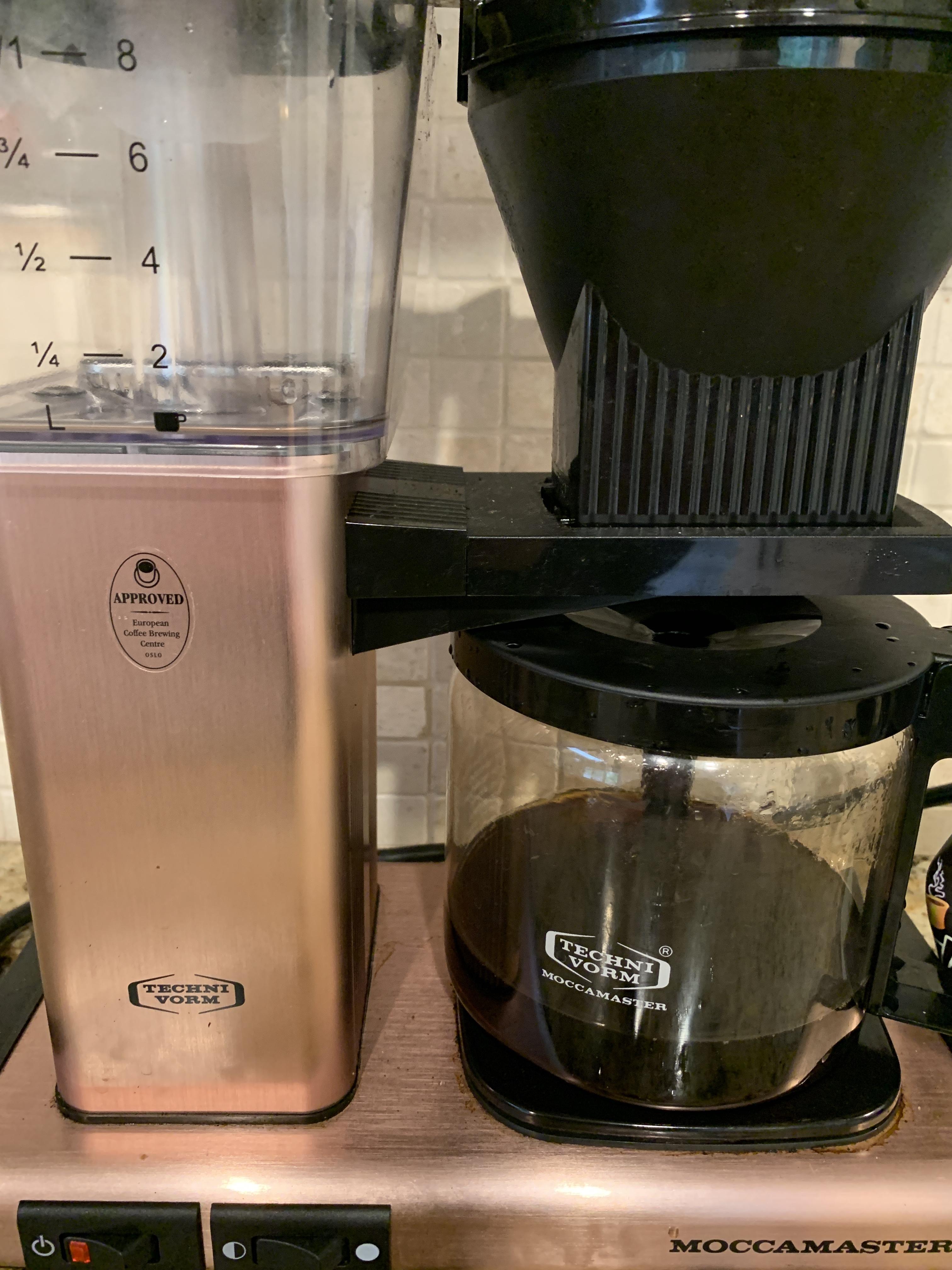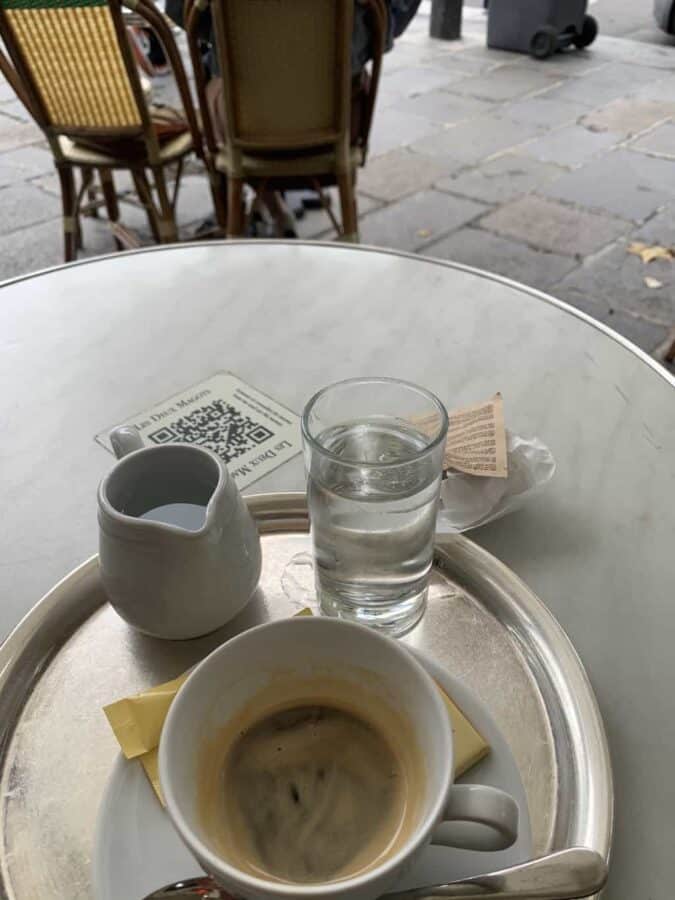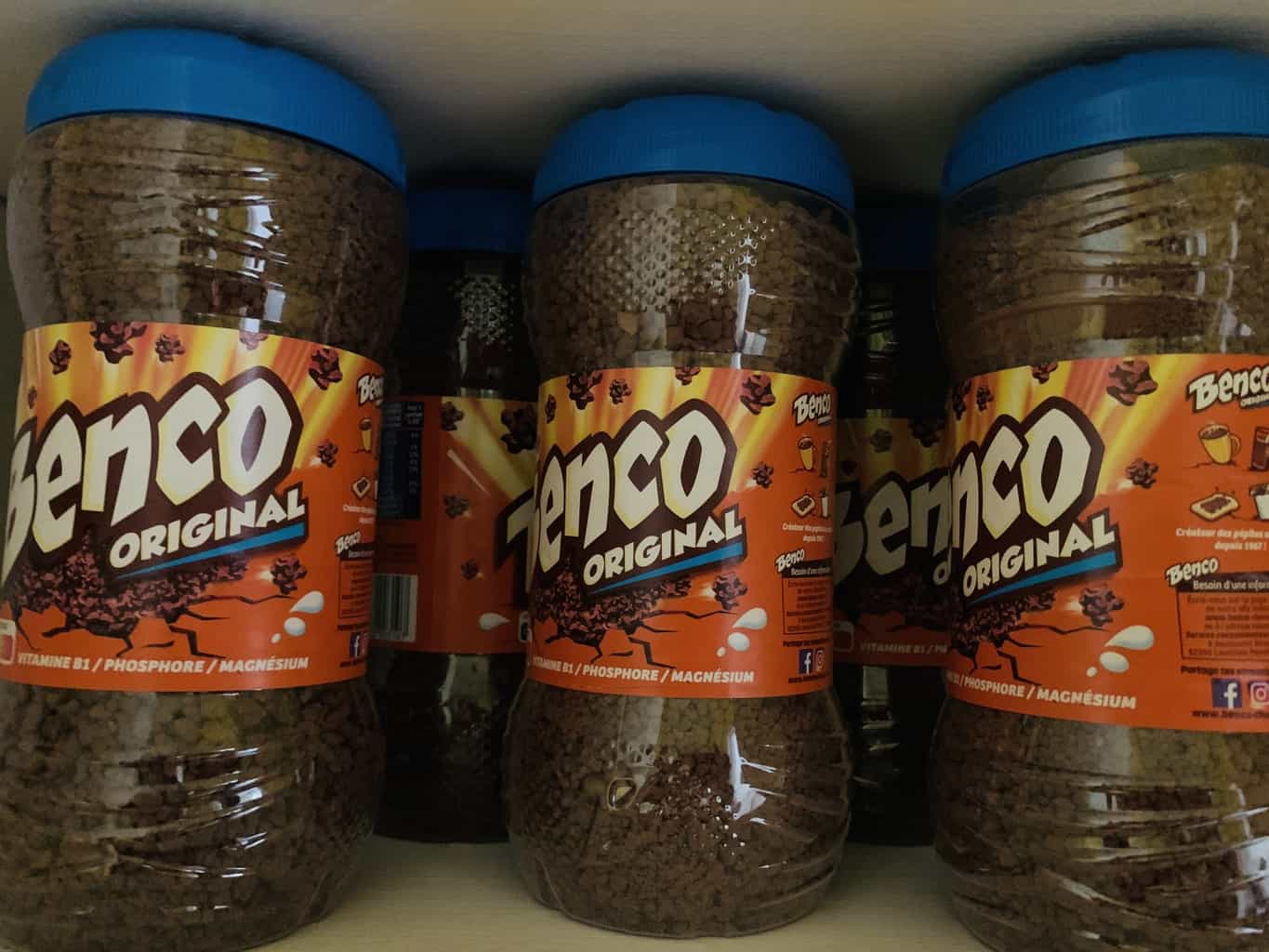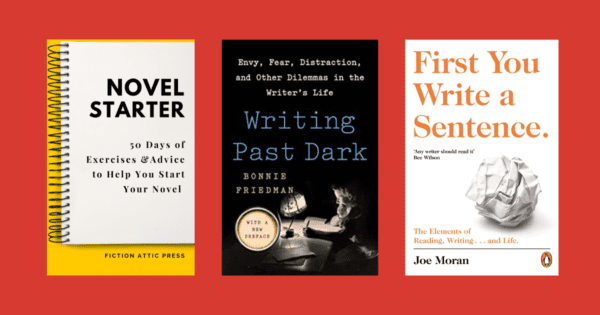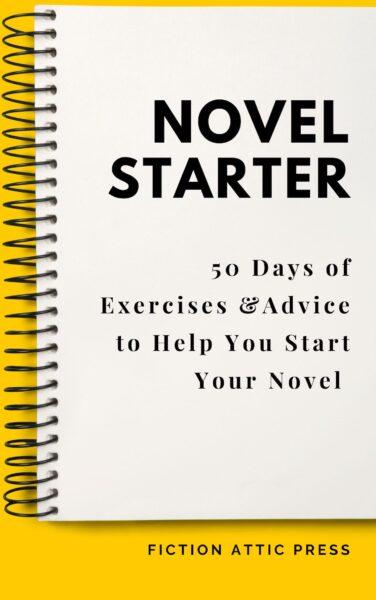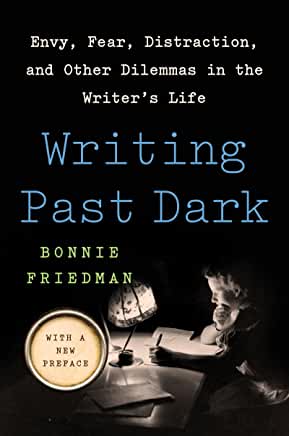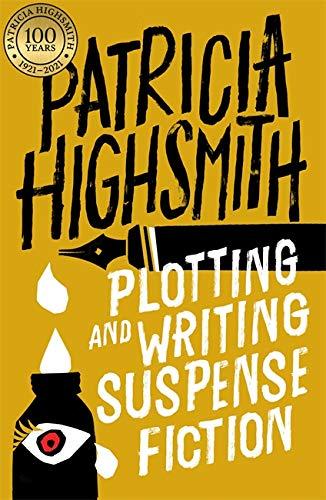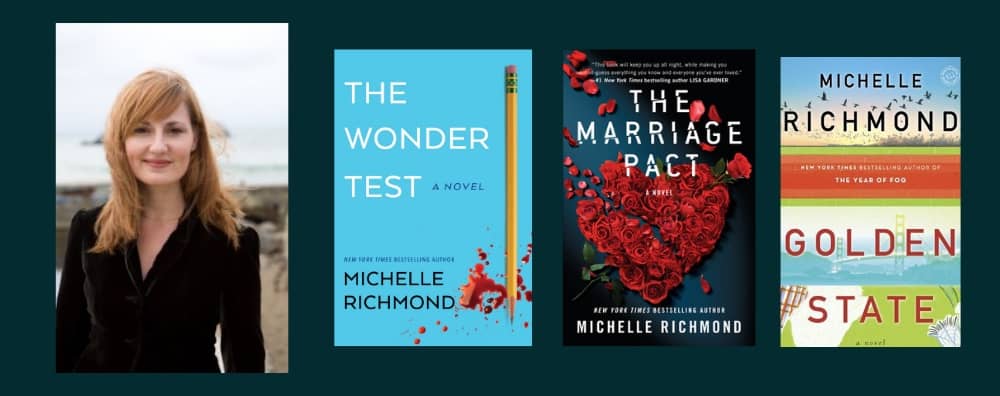Every writer must be a reader first, and the best education you can get is by reading. The most inspiring books for writers aren’t necessarily books about writing. Remember the first novel you wanted to tell others about? The first story that stuck in your mind? The first character you wished you could know in real life?
Reading widely across genres is essential. If you want to write literary fiction, reading crime novels can give you a stronger grasp on plot. If you want to write thrillers, reading literary novels can help you better understand the nuances of character development. Immerse yourself in novels, story collections, essays, poetry. Read for pleasure, and read with analytical eye. See what makes the writing tick. Those books will the foundation of your education in writing.
But when the well is dry, when you go to your computer or your notebook and feel adrift, books about writing can get you into the writing mood again. Here are seven books for writers that I recommend to students in my novel writing class, ranging from the practical to the inspiring.
First You Write a Sentence: The Elements of Reading, Write, and Life, by Joe Moran
This isn’t just a book about what makes a wonderful sentence (although it is that). It’s also a book about how sentences lead us into our writing, how sentences guide us to discovery and help an idea become a story. This book is an inspiration for those of us who geek out on language and a primer for anyone who wants to know how a great sentence is made, and why it matters. Get it on Amazon.
Novel Starter: 50 Days of Exercises and Advice to Help You Start Your Novel, from the Fiction Attic Press Master Class Series
Designed to help writers kickstart their novels, Novel Starter features 50 days of assignments, prompts, and inspiration, arranged in a progression to help you get the most out of your writing practice. Ten-minute prompts help you break through writers’s block, generative exercises help you write scenes and chapters, and craft keys demystify the fundamentals of narrative craft. If you want a 50-day boot camp to get your novel off the ground, this is the book for you. Get Novel Starter on Amazon.
Writing Past Dark: Envy, Fear, Distraction, and Other Dilemmas in The Writer’s Life, by Bonnie Friedman
According to Friedman, “Successful writers are not the ones who write the best sentences, they are the ones who keep writing.” While the other books on this list focus on narrative craft, Writing Past Dark is the book you’ll turn to when you feel gobsmacked by your novel, and you’re not sure how (or why) to continue. Get it on Amazon.
Plotting and Writing Suspense Fiction, by Patricia Highsmith
You don’t have to be a writer of crime fiction or thrillers to learn a great deal from this slim, to-the-point guide on creating suspense in fiction. Highsmith’s advice on everything from plotting to getting past “snags” is invaluable to novelists in any genre. As a writer of literary fiction, I found that it provided me with a much-needed kick in the pants. Get it on Amazonor Bookshop.org.
Big Magic: Creative Living Beyond Fear, by Elizabeth Gilbert
Listen to this audiobook whenever you think, “Why am I doing this? Can I really do this?” Gilbert is like a cheerleader standing on the sidelines of your writing life. Get it at Bookshop.org or Audible.
The Apprentice Writer: Essays, by Julian Green
A refreshing, wide-ranging collection of essays by a French-American writer. While the essays cover various subjects such as translation and Paris neighborhoods, the book is worth reading for the essays “How a Novelist Begins,” “Where do Novels Come From?”, and “Lectures on Writing.” This one isn’t that easy to find, but if you do stumble across it, be sure to buy it!
On Writing:A Memoir of the Craft, by Stephen King
By the time I got around to reading this modern classic by one of the most prolific writers of our time, I’d already published three novels. I wish I’d found it sooner! While King’s smart, down-to-earth memoir/writing lesson is a must-read for beginning novelists, fiction writers at any stage of their careers will find much to admire and be inspired by. Consider it a crash course in how to write fiction that people want to read. Get it at Bookshop.org or Audible.
Letters to a Young Writer, by Colum McCann
This wide-ranging book by Pulitzer Prize winning author and long-time teacher McCann is one of the most inspiring books I’ve ever read on writing. McCann talks about how to focus on the work instead of the ego, how to get past envy, how to work with an agent, and why exhaustion is an essential part of the writing process. If you’re in a slump, this brilliant little book will pull you out of it. Get it on Amazon or Bookshop.org.
Michelle Richmond is the New York Times bestselling author of THE WONDER TEST, THE MARRIAGE PACT, and six other novels and story collections. She mentors writers through Fiction Master Class.
